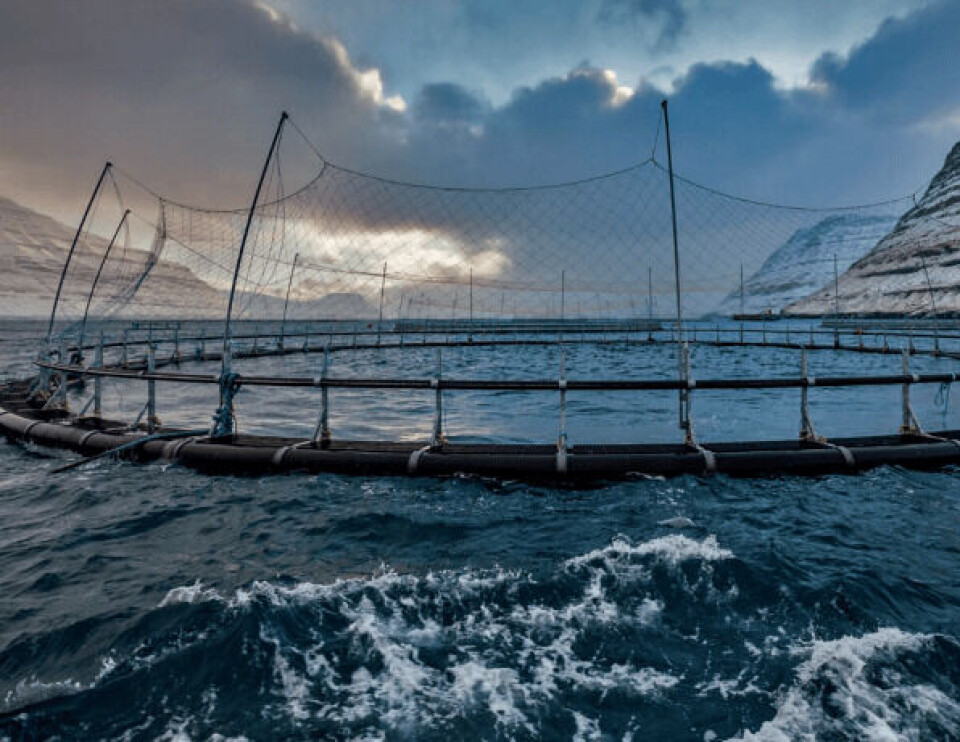
Bakkafrost chief confirms pathogenic ISA virus
Faroe Islands salmon producer Bakkafrost has confirmed the presence of pathogenic ISA virus at its A-73 Hvannasund Norður site.
Earlier this month, the company announced it was to harvest one million fish early at the same location as a precautionary measure, losing 2,000 tons of volume in the process. The site had been under increased surveillance since July 2016, when a routine test showed the suspicion of fish being infected by pathogenic infectious salmon anaemia virus.

Bakkafrost chief executive Regin Jacobsen told fishfarmingexpert.com: “The presence of the pathogenic virus has now been confirmed. We still haven’t seen any sign of increased mortality in the fish, and we have already taken out the fish which were under suspicion, so we have reacted very quickly. Now the whole site will be emptied in the next three weeks, so we are quite confident that we will not see any outbreak of this disease on the site, because we reacted so fast.”
Early detection
Jacobsen said a scientific marker had shown up to confirm the presence of the pathogenic ISA virus at the site. “There are certain criteria that must be reached in order to confirm the presence of pathogenic ISA virus,” he said, “and as we have the early surveillance system in place, we found it very early, before any clinical signs were evident, such as early mortality.”
He added: “We reacted fast and efficiently based on the suspicion, and now that it is confirmed it shows that we have a good system and that the actions we have taken were correct.
'Good system'
“It also shows that it is very important to have a good system both for surveillance and for controlling, because ISA virus is a natural virus in the environment, in the ocean, and by mutation it can convert into a pathogenic virus – and that’s something that can happen any place.”
The confirmation of pathogenic ISA-virus at farming site A-73 Hvannasund Norður will now result in a prolonged fallowing period of a minimum six months after the site is emptied of fish.
Bakkafrost said it expected that its harvest volumes for 2017 would be maintained at 53,500 tonnes gutted weight, unchanged from the announcement it made to the market on 16 March 2017.






















































